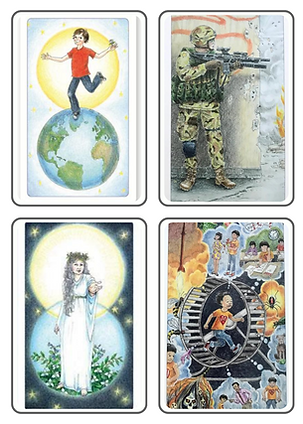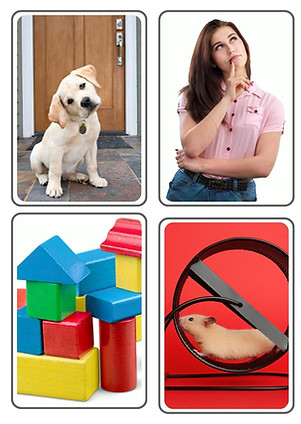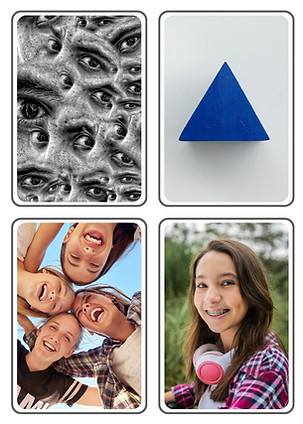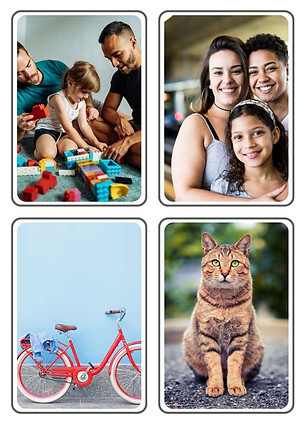Coping Strategy Cards
Coping Strategy cards are a practical tool designed to help adults identify emotions, discover coping strategies, and practice grounding techniques. These visual cards provide quick, accessible support for both daily check-ins and crisis moments, offering a tangible way to navigate emotional challenges.
Each card presents a different approach—whether it’s recognizing an emotion, engaging in a grounding exercise, or selecting a coping strategy that fits the moment.
Internal Family Systemss
Understanding Internal Family Systems (IFS)
Internal Family Systems (IFS) is a therapeutic approach that helps individuals understand the different "parts" within themselves—like the inner critic, protector, or wounded child. By recognizing and working with these parts, you can develop greater self-awareness, emotional balance, and inner healing.
Below, you'll find IFS cards designed to help identify and connect with your internal parts. These visual tools can support self-reflection, making it easier to explore emotions, patterns, and the roles each part plays in your life.
How to Use IFS Cards for Self-Reflection & Healing
IFS cards can be a powerful tool for identifying and working with your internal parts. Here’s how to use them effectively:
1. Set the Space
-
Find a quiet, comfortable place where you can reflect without distractions.
-
Take a few deep breaths to centre yourself before starting.
2. Identify a Current Challenge
-
Think about a situation that’s bringing up strong emotions.
-
Ask yourself: What am I feeling right now? Which parts of me are reacting?
3. Choose a Card
-
Look through the IFS cards and see if one resonates with how you’re feeling.
-
If multiple cards stand out, lay them out and notice how they relate to each other.
4. Get Curious About the Part
-
Ask yourself (or journal about):
-
What does this part want me to know?
-
What is its role in my life?
-
Is it protecting me from something deeper?
-
How does it feel about me noticing it?
-
5. Engage with Compassion
-
Instead of judging or trying to get rid of a part, approach it with curiosity and kindness.
-
Ask: What does this part need from me?
-
If it feels safe, thank the part for its role in your life.
6. Explore a Shift
-
If the part is willing, ask how you can work together differently.
-
Consider pulling another card to explore what might help this part feel more supported.
7. Integrate & Reflect
-
Take a few moments to reflect on what you’ve learned.
-
You may want to journal, meditate, or revisit the exercise later if new insights emerge.
These cards can be used daily or as needed, offering a tangible way to connect with your inner world.































